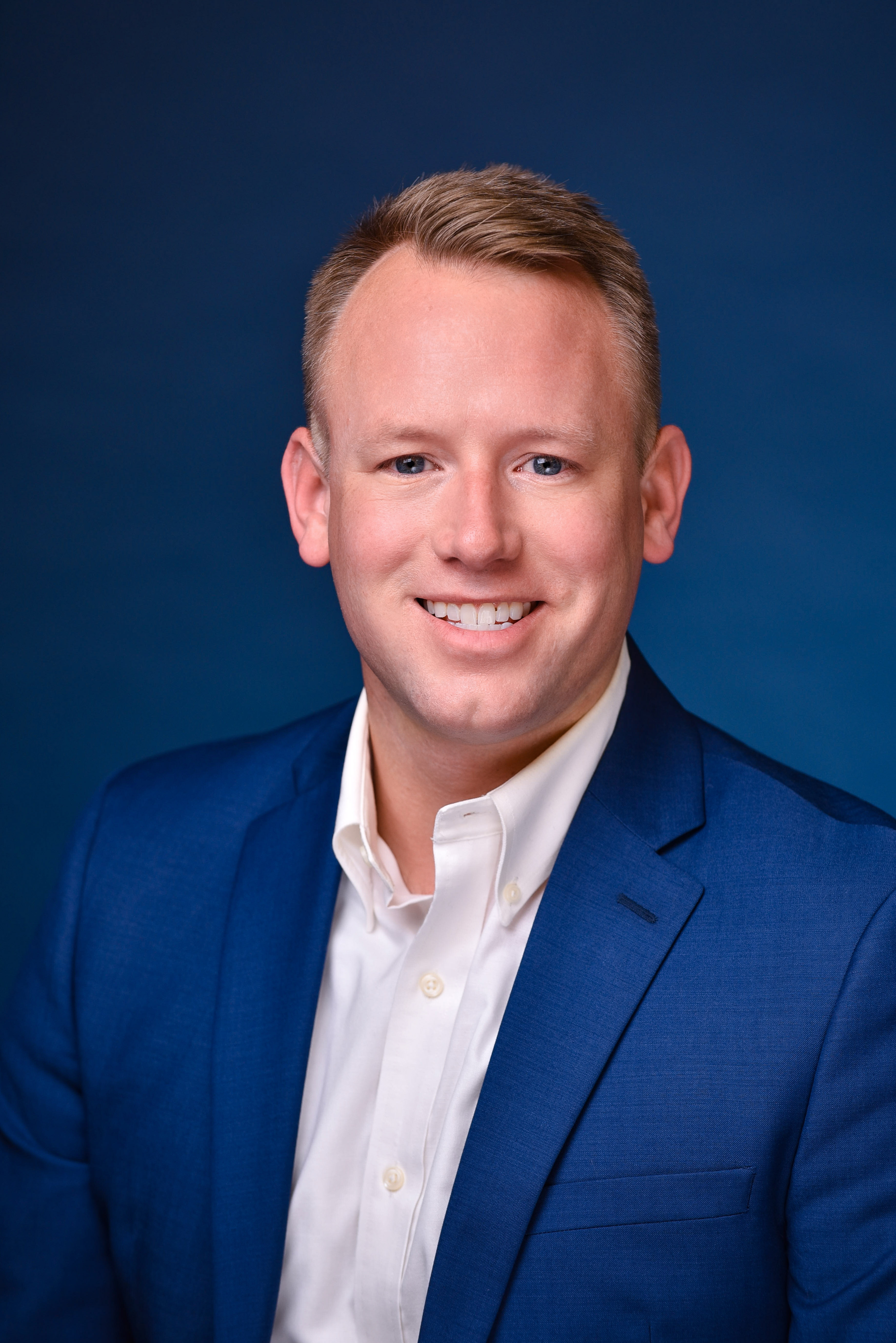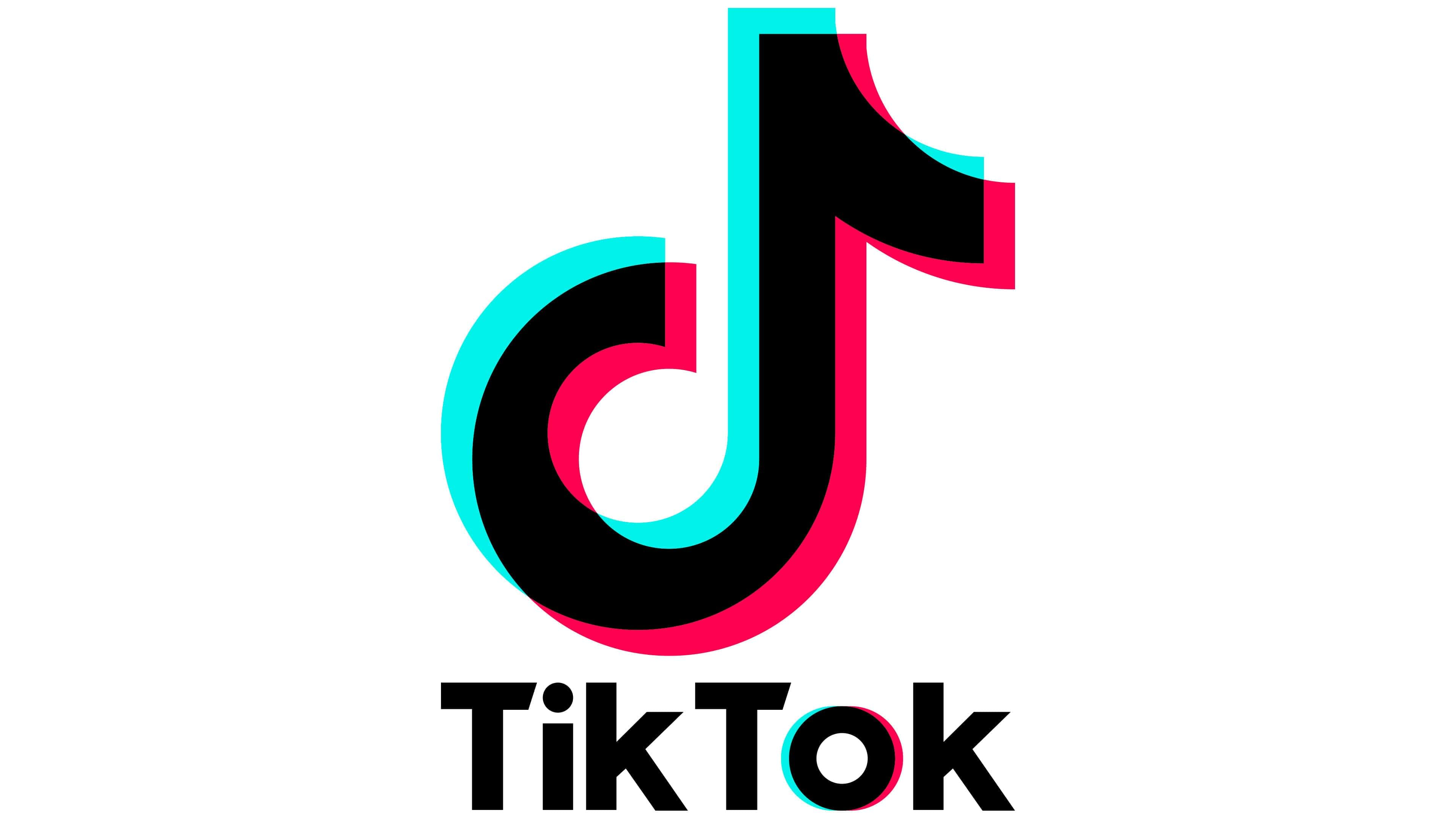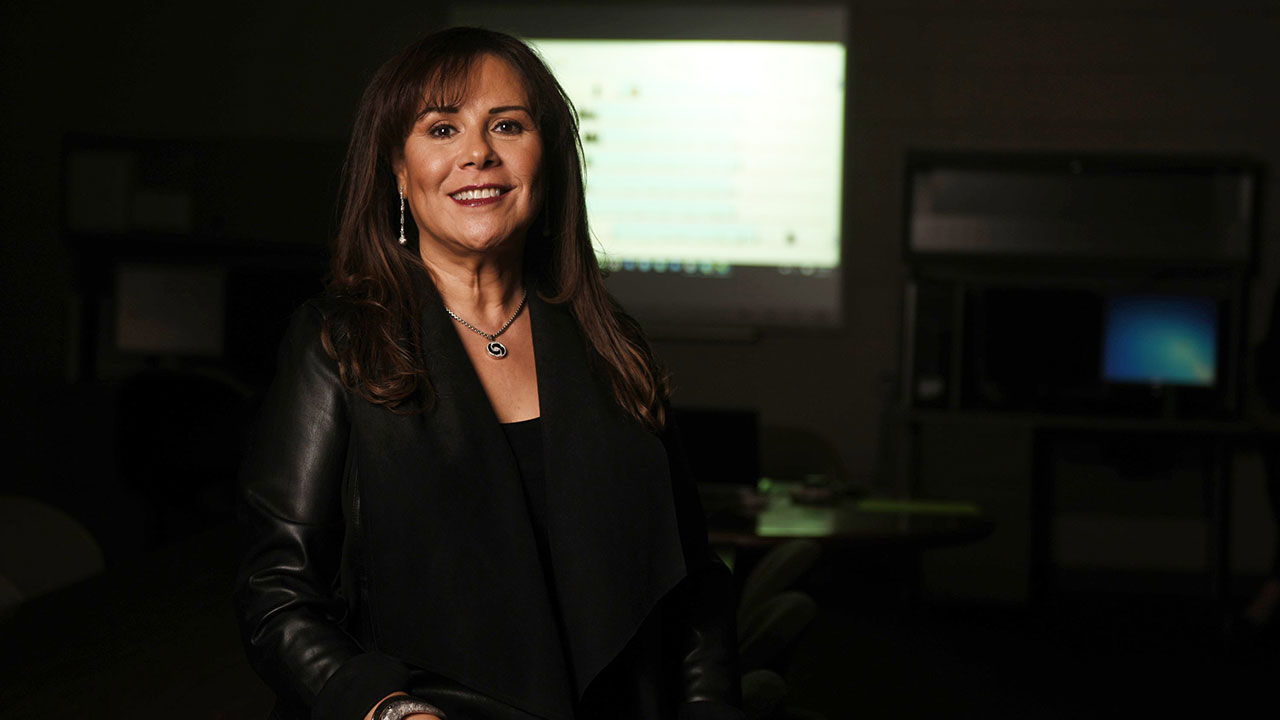content body
It’s been a long day. For many people, their evenings might be spent casually scrolling the social media platform TikTok to catch a laugh or to see a recipe they might want to try for dinner. However, those who use TikTok to discover health tips to improve their sleep habits are getting concrete, scientific advice according to recently discovered data by researchers at Auburn University’s College of Human Sciences.

Assistant Professor of Marriage and Family Therapy within the College of Human Sciences Brian Gillis
Could watching certain TikTok videos pertaining to sleep health actually lead to better sleep and improve your sleep patterns? This is a question Dr. Brian Gillis, assistant professor of Marriage and Family Therapy within the College of Human Sciences, and his team asked while conducting research studies and collecting data.
Their findings might surprise you. But, first, how did the idea to study videos pertaining to sleep tips on TikTok come about?
Two years ago, Global Education Director Dr. Kate Thornton and a graduate student, Adam Book, were studying hunger. One way to examine this was by looking at stories that people had posted on TikTok describing their experiences of food insecurity and hunger. During this process, AI was used to transcribe and code the videos.
One day, Gillis saw the notes about TikTok and AI on Thornton’s whiteboard and inquired about it. That’s where the idea was born to utilize this method for sleep advice. Gillis and graduate students chose three hashtags on TikTok that were commonly used for sharing sleep tips. Instead of using AI, they then manually downloaded the videos and put them through a software for transcriptions.
Following the transcription of each sleep video from TikTok, graduate students Emily Scott and Joycelyn VanAntwerp worked to code what was recommended in each video such as going to bed at the same time each night, eating high protein foods before bed, and not using electronics before sleep. Once all the individual tips were coded, they were grouped into themes. Lastly, after gathering all the themes, the goal was to see if the tips were backed by science.
“Scott and VanAntwerp reviewed hundreds of empirical articles that tested whether certain behaviors and environmental factors affected sleep. They then compared these to the sleep tips shared on TikTok. The result was interesting: most of the tips we found on TikTok were backed up by science,” Gillis said.

As presented at the Auburn Research Symposium on campus in March and at the annual SLEEP 2024 meeting in Houston, Texas in June, the research team of Gillis, Scott and VanAntwerp viewed 58 videos on TikTok with the hashtags #sleephacks, #sleephygiene, and #sleeptips. In those videos, they identified 35 unique sleep tips. They found that more than 80% of the tips were supported by empirical evidence.
Since June, the team has now analyzed more than 120 videos and an expanded number of tips that will also be reviewed.
“If you're getting advice from TikTok about sleep, there's a good chance it’s going to be trustworthy information, but we should still verify the information that we’re getting,” Gillis said. “We've all found out about something on social media and thought, ‘I'm going to do that, or I'm going to eat this.’ Social media has an incredible amount of influence in public health. It's a place where people are receptive to information.”
“If you're getting advice from TikTok about sleep, there's a good chance it’s going to be trustworthy information, but we should still verify the information that we’re getting.”
Because of this, TikTok can be used as a tool if used correctly from a public health standpoint.
Gillis began researching sleep eight years ago during his graduate schoolwork with Dr. Mona El-Sheikh, Leonard Peterson & Co., Inc. Professor of Human Development & Family Science. He currently teaches courses for master’s students in the Marriage and Family Therapy program. His favorite thing about sleep research is that it affects everyone.
“It becomes personal very quickly,” Gillis said. "A cool thing about sleep is that you can be out giving a presentation on a very niche topic – say, the sleep of 12-year-olds living in rural Alabama – and when it comes time for Q&A, people are going to ask questions about their own sleep. They’ll immediately connect the results to their own lives. Sleep seems to invite people to look for themselves in research findings.”
As for the future, Gillis hopes to partner with content creators to further increase the amount of responsible public health information shared via social media.
In the meantime, those looking to improve their sleep habits and quality of life can take comfort that something as simple as opening TikTok and doing a quick search on #sleephacks might help.
For more information on research within the College of Human Sciences, click below
College of Human Sciences Research




